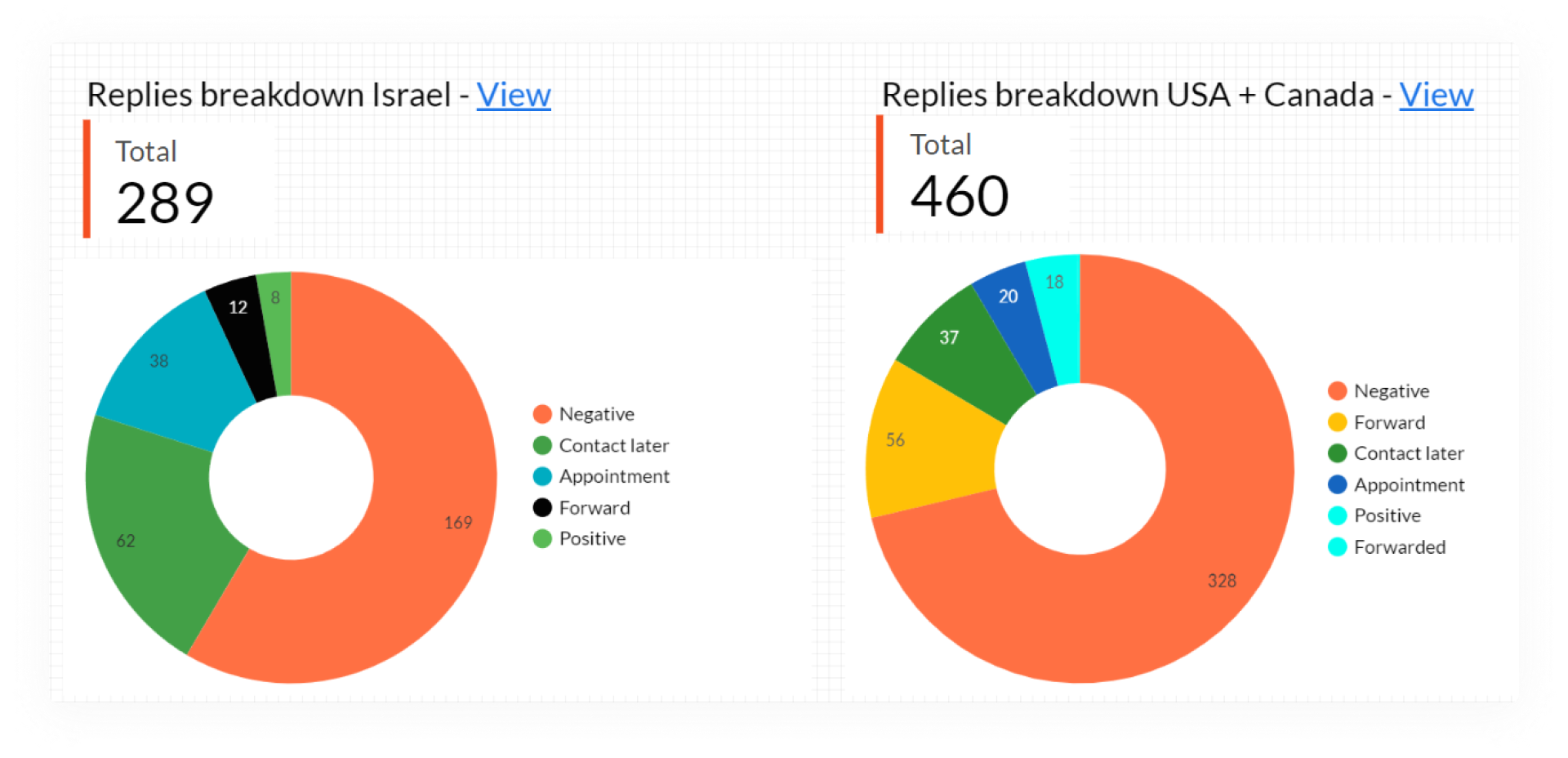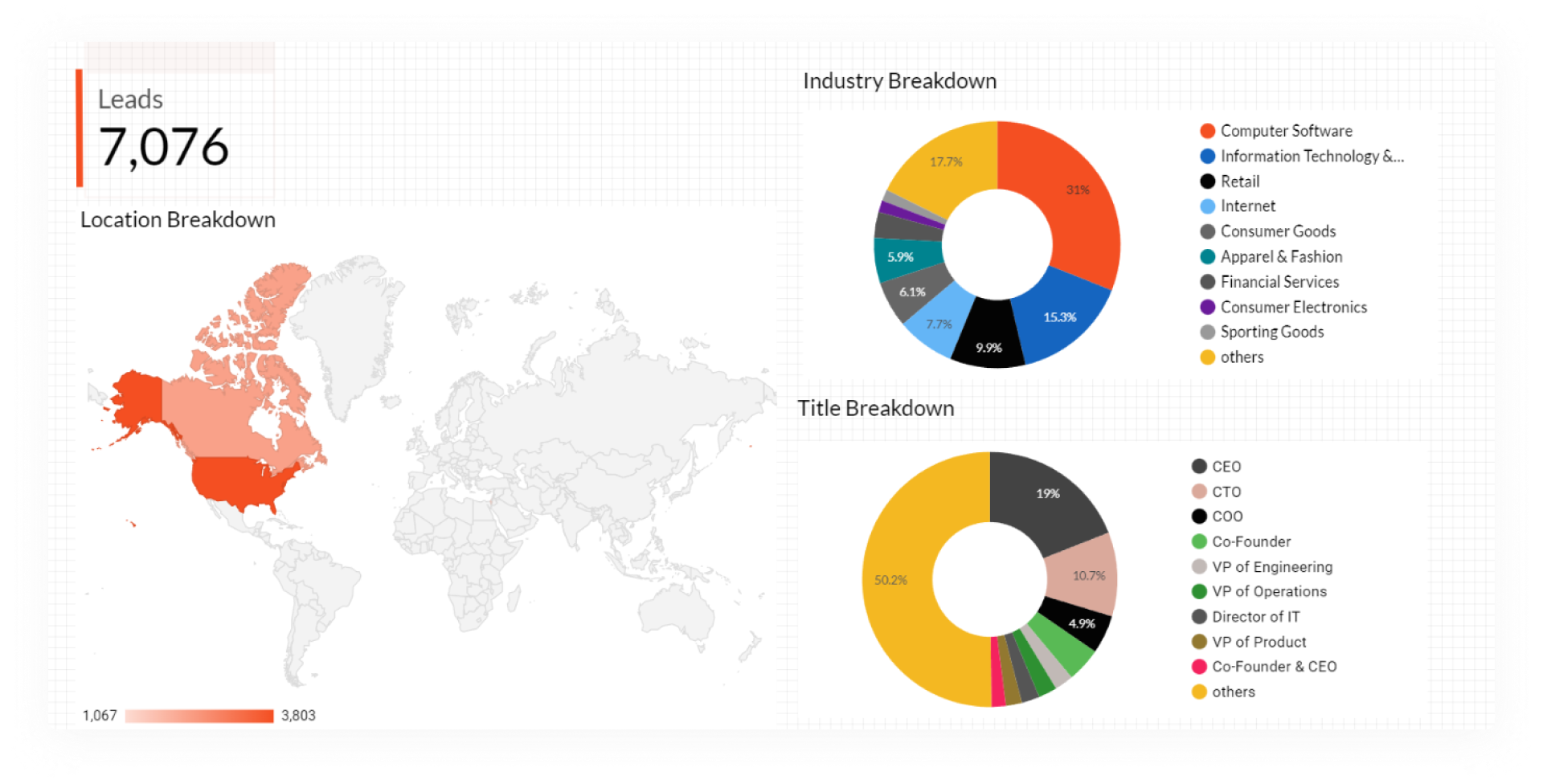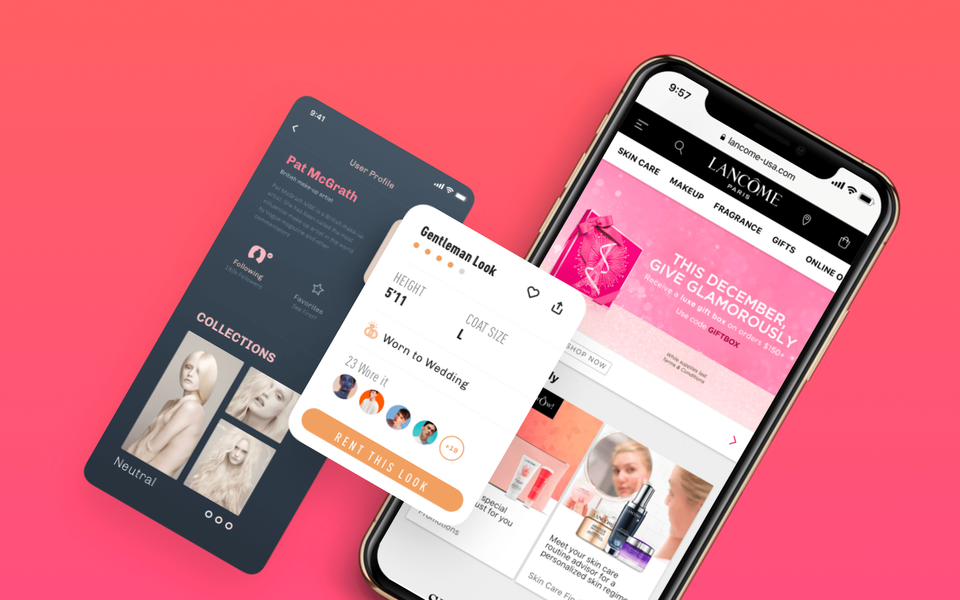Problems
With offices in the U.S., China, Palestine, and Jordan, ITG Software, which boasts a 20-year experience of providing software engineering in the IT market, wants to expand its reach globally.
Looking to break into Israeli and Canadian markets, ITG Software partnered with Belkins to help them work out an efficient lead generation strategy. This is the story of how streamlining the marketing strategy and tightening the sales funnel brings a steady flow of qualified leads.
Although ITG Software had been present on the U.S. market, they felt all the challenges of huge competition and “all-set to enter” niches. While ITG’s sales teams keep targeting U.S. enterprises, Belkins was recruited to create a laser-focused lead generation process for the U.S. and new markets in Israel.
- Unpredictable flow of qualified leads. Having been on the U.S. market for decades, ITG Software has had all the lead generation channels set up. The team, however, recognized a lack of “brand awareness.” The target audience had little or no idea who ITG Software was, and the sales and marketing teams struggled to create a predictable flow of leads and highly qualified prospects.

The lack of a steady flow of leads signaled an issue in the sales pipeline. Each sales team builds its own pipeline by doing lead research, setting up prospecting and lead generation stages, doing sales calls and email campaigns, and arranging meetings.

Why was the existing approach problematic for ITG? The marketing team would spend time and effort to put up ads and optimize content for SEO, and the sales team would reach out to prospects only to find that they do not qualify for follow-up.
- Low conversion rates in the U.S. Even though ITG’s sales team was well-equipped and made up of motivated and trained salespeople, deals kept stalling at closing.

- Insufficient marketing strategy across regions (Israel). Having started with the highly-competitive U.S. market, ITG Software realized that the Israeli market would require a different approach (content-wise and strategy-wise). For Belkins, ITG Software defined 2 directions of expansion: the US and Israel (because the team had a pretty solid VP for the Israeli market). Belkins came up with a customized strategy for Israel.

What we did

1) Built a market strategy. The Belkins team started by establishing a market strategy framework required to reach out to the target audience and offer prospects a relevant solution to their pain points. Early on, we found out that the U.S. market was unresponsive to our efforts and we switched to the Canadian market. Working out a market strategy involves a standard set of actions:
- Target market and ideal customer profile. ITG Software had the ICP for the U.S. market. Belkins assigned one of the best researchers who successfully extended the ICP to the Israeli and Canadian markets.

- Value proposition. ITG Software has a pretty solid VP for the Israeli market. The Belkins team dived deeper into the Ideal Customer Profiles created by the ITG marketing team and expanded them into specific buyer personas for the intended markets. A VP for the Canadian market was further tailored.
- Positioning of the brand. Belkins came up with a customized strategy for the Canadian and Israeli markets, creating brand awareness and building a bond between customers and ITG Software (different VPs and ICPs).

2) Tailored a communication approach to a market. No matter how successful a content strategy in the U.S. is, it should be adjusted and accommodated to a new market. Content-wise, the biggest challenge for ITG Software was to personalize email copy. The Belkins team localized ITG’s content strategy.
- Localization. Copywriters at Belkins added words in Hebrew to ads, email copy, and Jewish holiday greetings, appealing to the Israeli market.
- Personalization. Thorough research helped the Belkins team put together a great set of templates that appeal to the target leads. Belkins experts crafted highly personalized responses and received an 85%+ open rate and a 50%+ reply rate.
- Partnership approach. For the Israeli and Canadian market, Belkins opted for a partnership approach. As brand awareness is being built, the sales team should establish relationships with potential customers by learning about their pain points and trying to address them.
- No hard selling. Active communication with prospects (maintaining contact rather than business-related interactions) led to successful re-engagement campaigns because people kept hearing from us. The Belkins team created special “soft” partnership templates.

Results

- Successful market strategy with measurable metrics. Having switched from a hard pitchy manner to a soft approach, we increased individualization and began using a human-like copy (rather than spam-like automatic emails). It allowed the sales team to reach out to prospects who are used to getting 100 cold emails per day. As a result, we had an 85%+ open rate and a 50%+ reply rate.
- Quantitative results. After figuring out the efficient market strategies, we were able to break out to the Canadian and Israeli markets and establish ITG Software as a reliable brand. As a result of the 6-month project, 63 appointments for 6 months and a lot of potential deals for the next year were delivered.
Key takeaways
- Try different tactics. The client has difficulties with sales, which means that it is not THEM against us, but that we are TOGETHER against this issue we are trying to solve. Communicate with the client and work together. Communication + different tactics = success.
- Be flexible. It's always good to have several offerings/several geographies/several markets to target. Once you define the pace/pattern/behavior of each one, you can predict what the cycle is, how much effort to invest, and strategize accordingly. The service/product should be flexible and should have the ability to grow with an increase in the competition out there.
- Reinforce your sales team. You should have a strong sales team in order to handle the volume and make sure that outbound efforts result in a sufficient ROI for your business.



